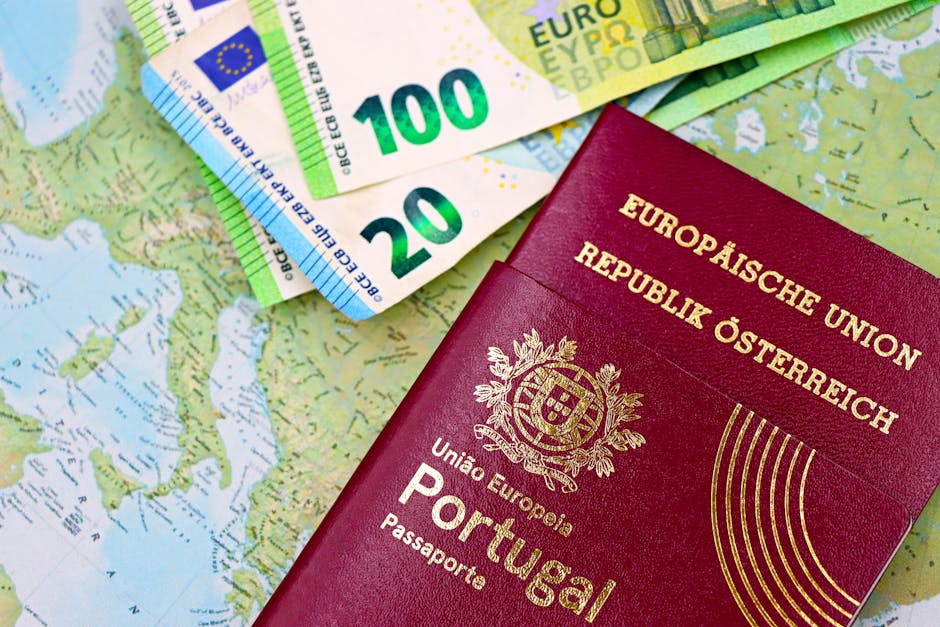Freedom, a concept deeply ingrained in human aspiration, is often presented as an unfettered right. Yet, this seemingly absolute ideal encounters inherent limitations. These constraints, often articulated through legal frameworks, delineate the boundaries within which individual liberty operates. Understanding these restrictions is crucial for comprehending the intricate interplay between personal autonomy and societal order.
A crucial initial consideration lies in the very nature of freedom itself. Is it simply the absence of external coercion or does it encompass a more nuanced understanding of individual agency within a social context? Legal systems, inevitably, grapple with this question, seeking to balance individual liberties with the collective well-being. Defining and delimiting these boundaries is a cornerstone of legal thought.
One significant limitation of freedom stems from the inherent conflicts that arise within a society comprising diverse individuals. Rights of one person frequently overlap with those of another, leading to potential conflicts. Imagine a scenario where a business owner’s freedom to operate is challenged by a neighbour’s right to a peaceful environment, often manifested through noise complaints. The resolution of this conflict frequently involves legal intervention to balance these competing interests, often resulting in a compromise that allows both sides to exist.
Further complicating the picture is the concept of public order. Freedom, while valuable, cannot be absolute. Actions that demonstrably threaten the safety and well-being of society must inevitably be curtailed. This realm extends from public safety concerns like violent crime to less obvious issues, such as the regulation of hazardous activities. Laws pertaining to public health, environmental protection, and traffic management all serve to restrict actions potentially harmful to the community. Legal mechanisms such as licensing and permits represent explicit tools for controlling activities that could negatively affect the wider populace.
This delicate balancing act is often at the heart of legal debates. Proponents of broader freedoms will argue for minimal intervention, emphasizing individual autonomy and the potential for innovation that arises from unrestricted action. Conversely, those prioritising public order may advocate for stringent regulations to safeguard community interests. A potent example of this dilemma is seen in discussions surrounding freedom of speech. While society cherishes the ability to express diverse opinions, the freedom to communicate is invariably tempered by legal restrictions. Defamation, inciting violence, and hate speech, for instance, often fall outside the bounds of protected expression.
Another significant limitation of freedom revolves around the concept of property rights. Individuals are afforded the freedom to acquire and possess property, but this right is not absolute. The exercise of property rights is constrained by zoning regulations, building codes, and environmental laws. Essentially, the collective need for a balanced and sustainable community necessitates certain restrictions. Legal systems carefully balance individual property rights with the larger social good.
Equally significant is the idea of freedom as a dynamic process, not a static entity. The limitations on freedom are not static. They adapt to evolving societal norms, technological advancements, and the changing needs of a community. Historically, the scope of freedom has expanded considerably, particularly with respect to civil rights and liberties, demonstrating the malleability of societal boundaries. Legal systems must respond to these shifts, often modifying laws to accommodate new realities while ensuring a reasonable balance of rights. The debate surrounding the privacy afforded in an increasingly digital world showcases this evolution, requiring legal frameworks to adapt to technological innovations.
Furthermore, economic freedom is often intertwined with legal limitations. While economic liberty is valued, it rarely exists without some degree of regulation. Laws governing competition, consumer protection, and labor practices provide frameworks within which economic activity takes place. These regulations are essential to ensure fair markets, protect consumers, and maintain a degree of social justice. Deregulation is frequently proposed as a means to increase economic freedom, but it’s often countered with concerns about potential negative impacts on the environment, social equity, and worker rights.
Finally, the concept of “freedom from” is just as crucial as the concept of “freedom to.” This relates to legal protection from actions of others or institutions, such as freedom from discrimination, arbitrary detention, or illegal searches. These safeguards are fundamental to the protection of individual liberty and are frequently codified in legal documents.
In conclusion, the limits of freedom are not simply external constraints imposed by law but rather a complex interplay of social needs, individual rights, and the continual need for adaptation. Legal systems are constantly challenged to navigate this intricate balance, ensuring that societal freedoms are not simply abstract notions, but real and enforceable rights within a structured framework. The boundaries of freedom, though often perceived as constraints, are in fact crucial components in the design of a just and equitable society.
